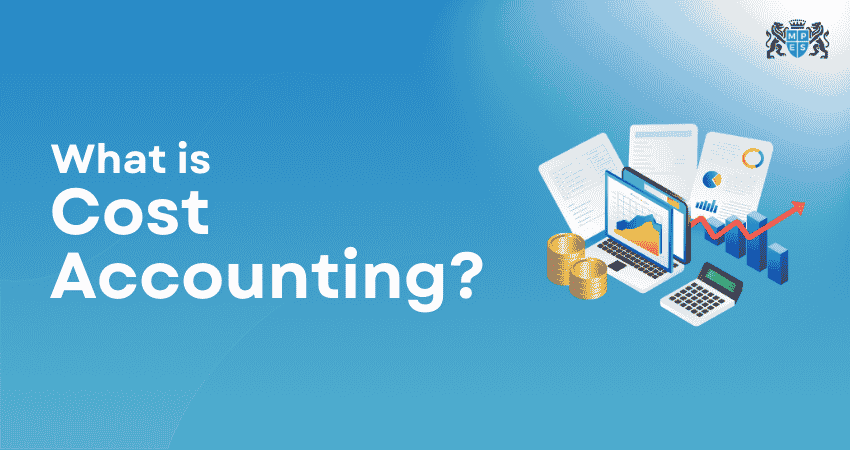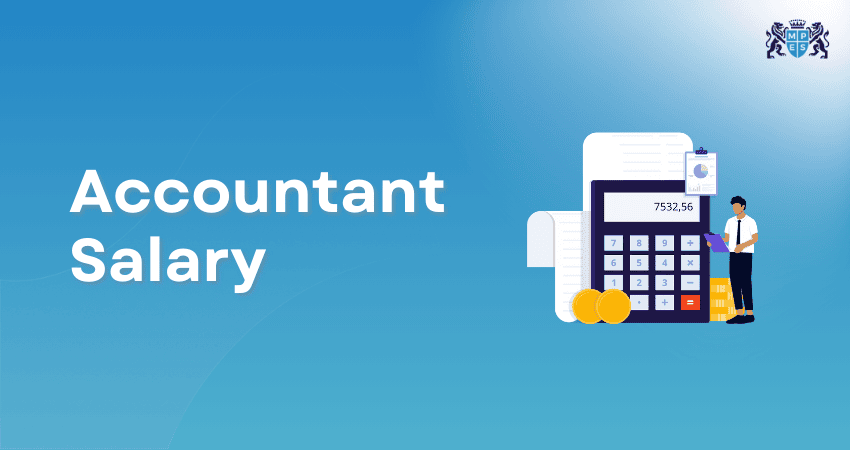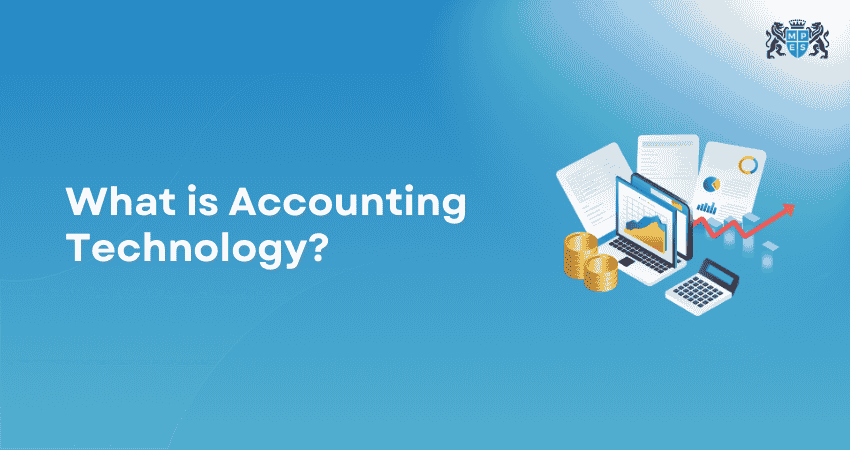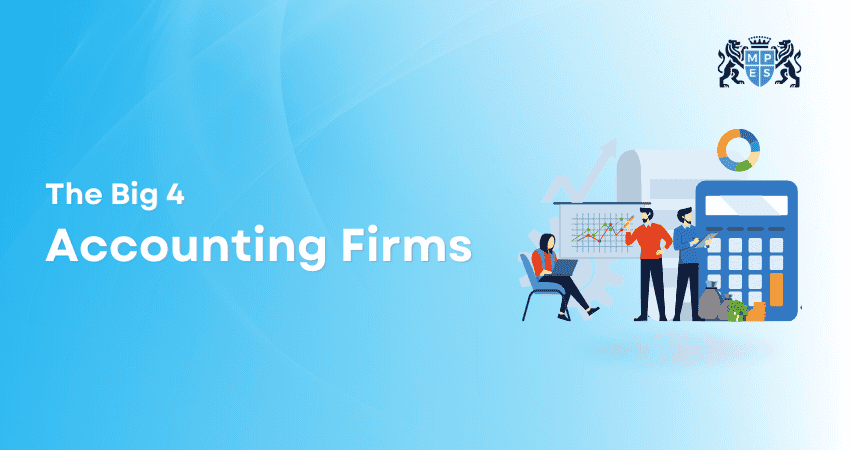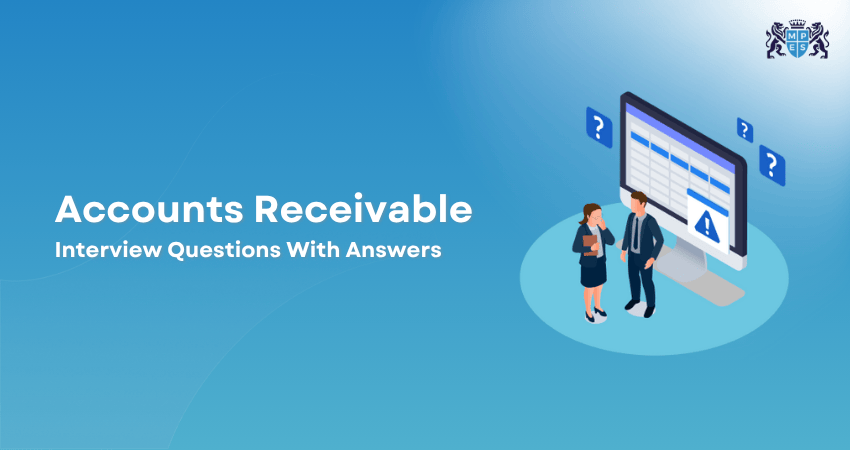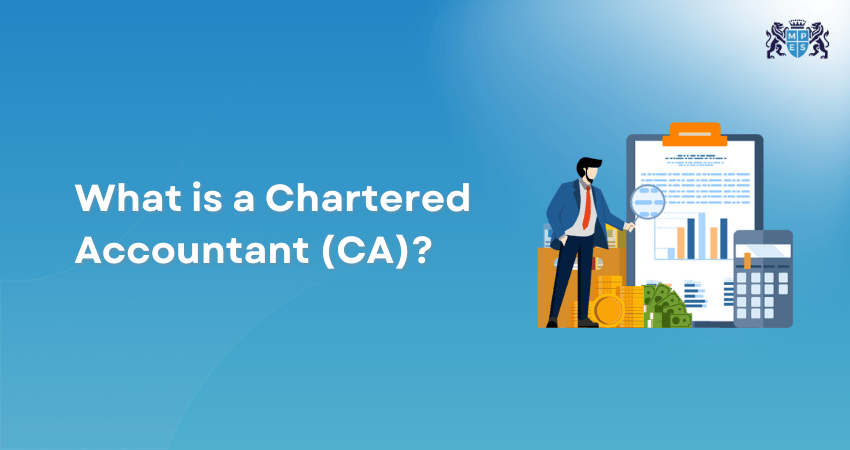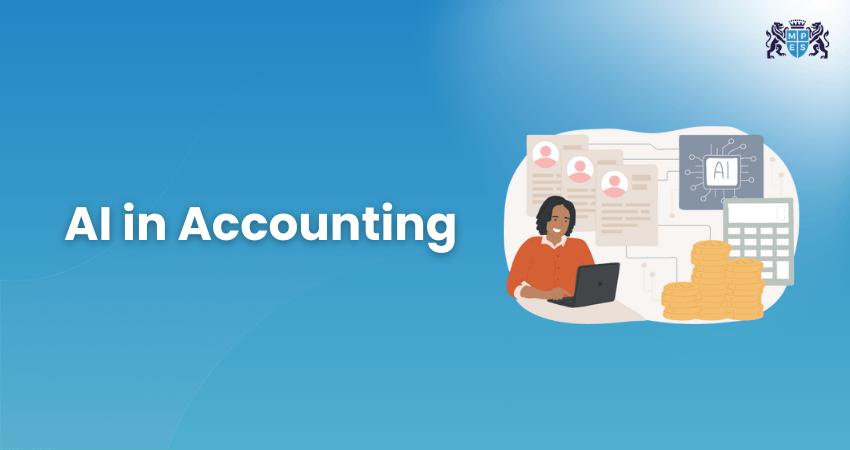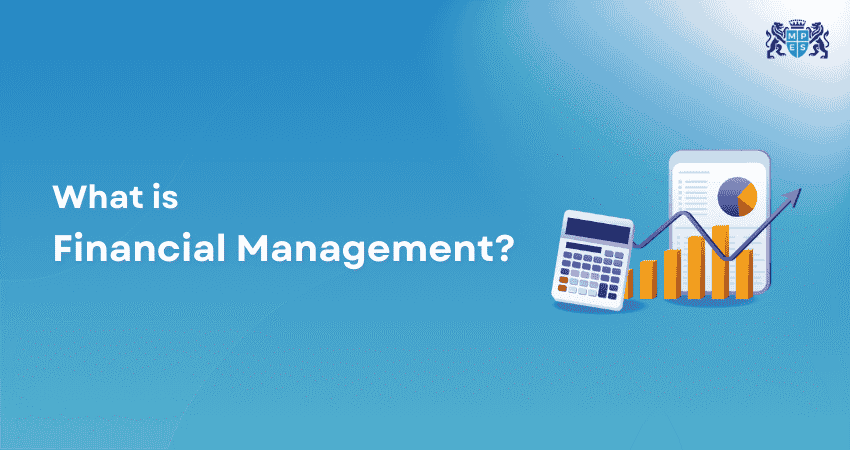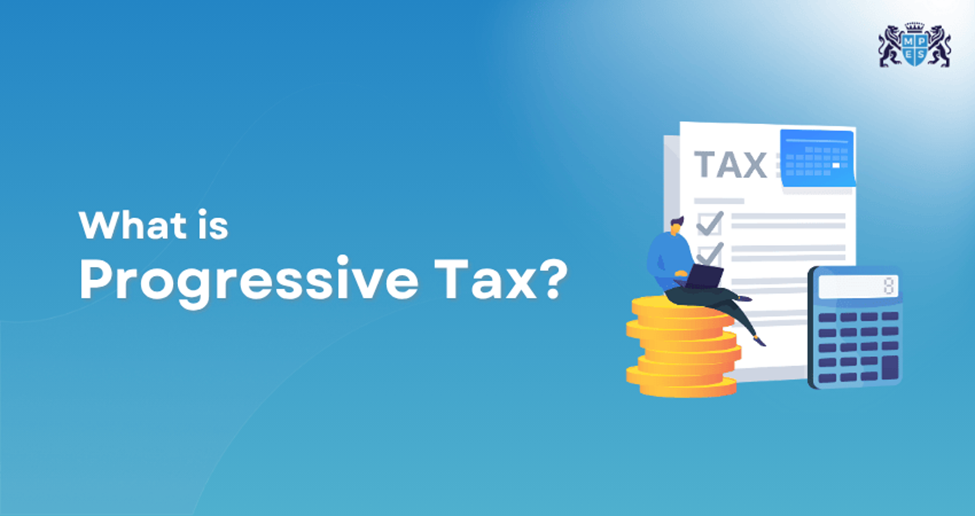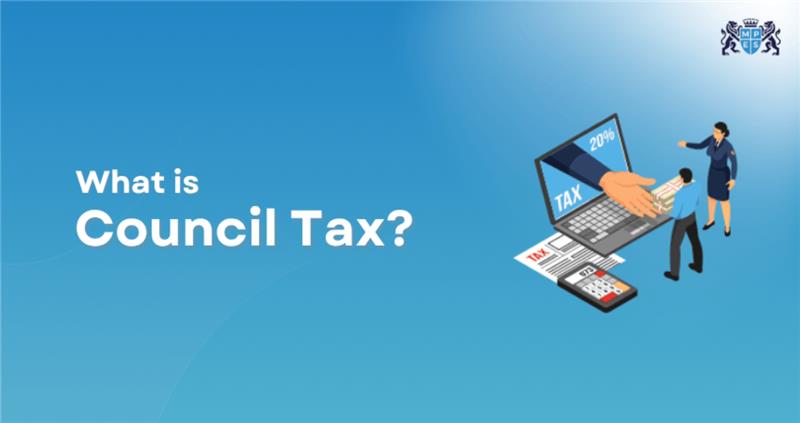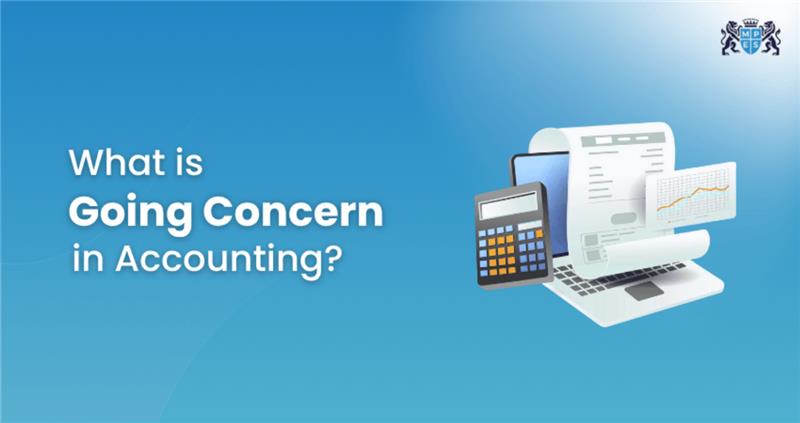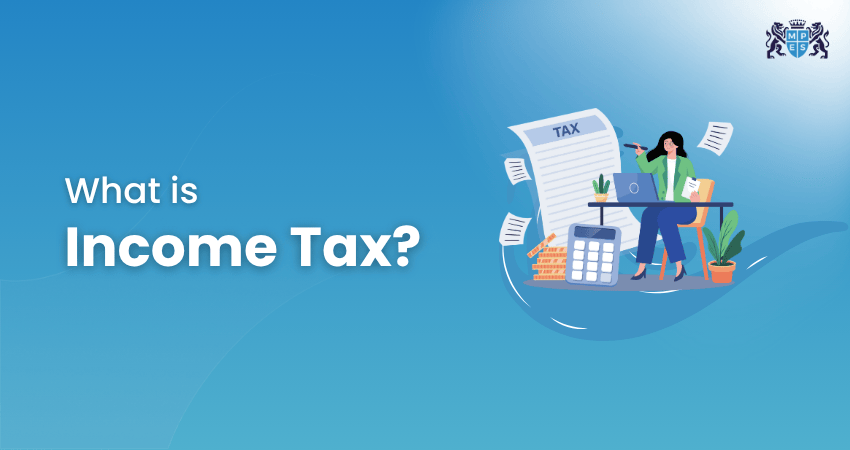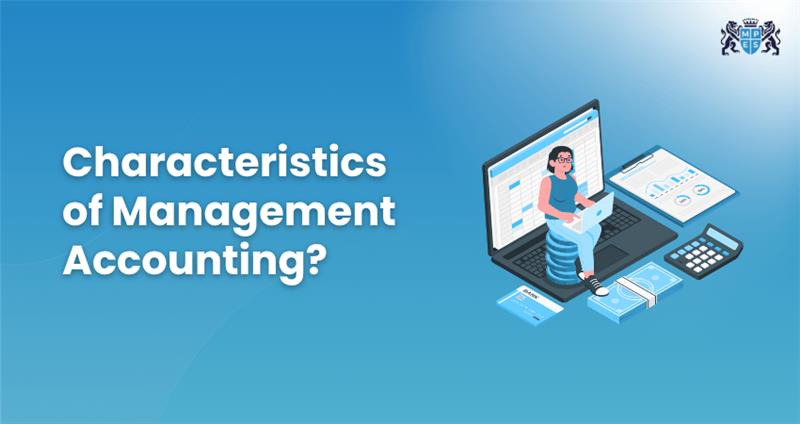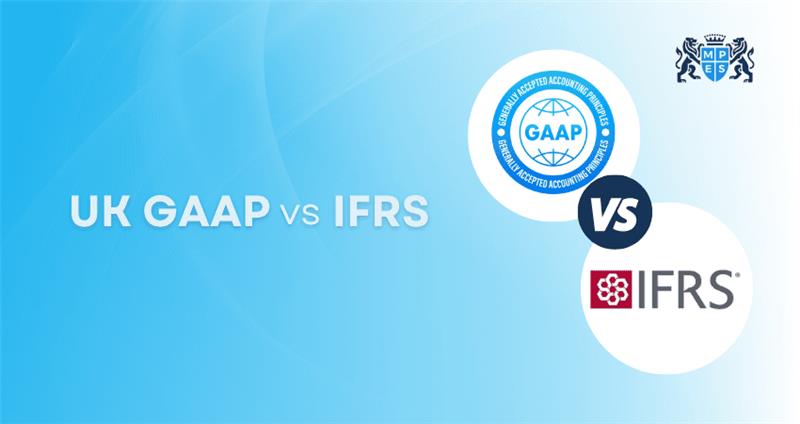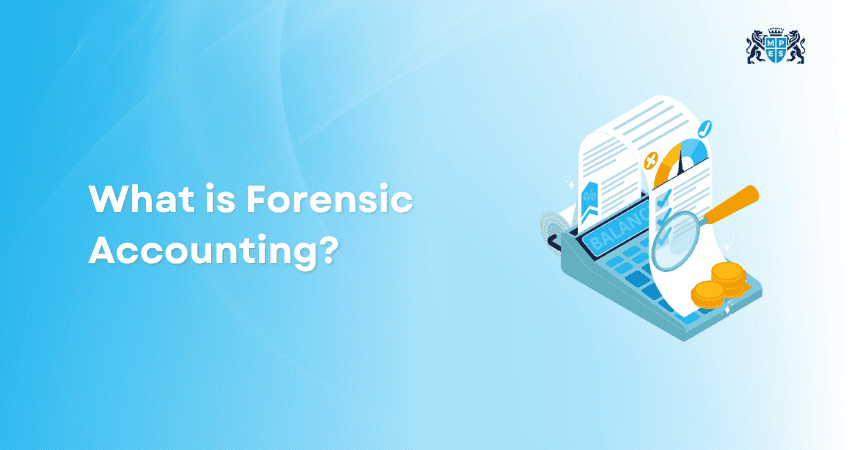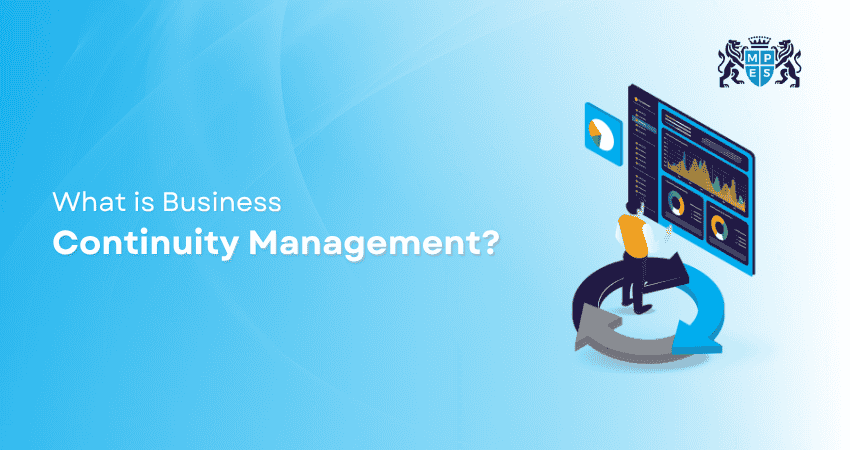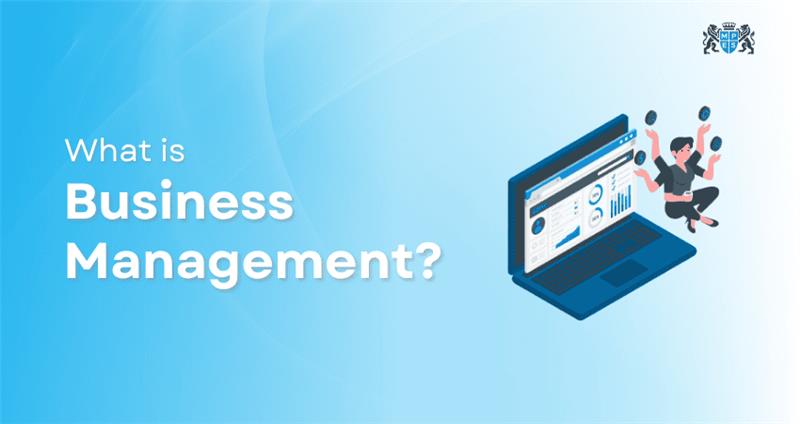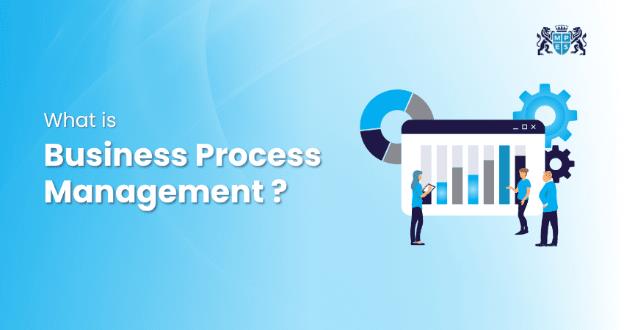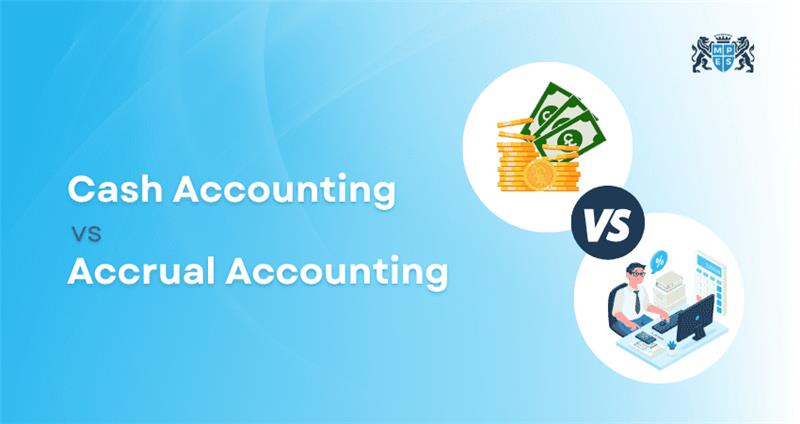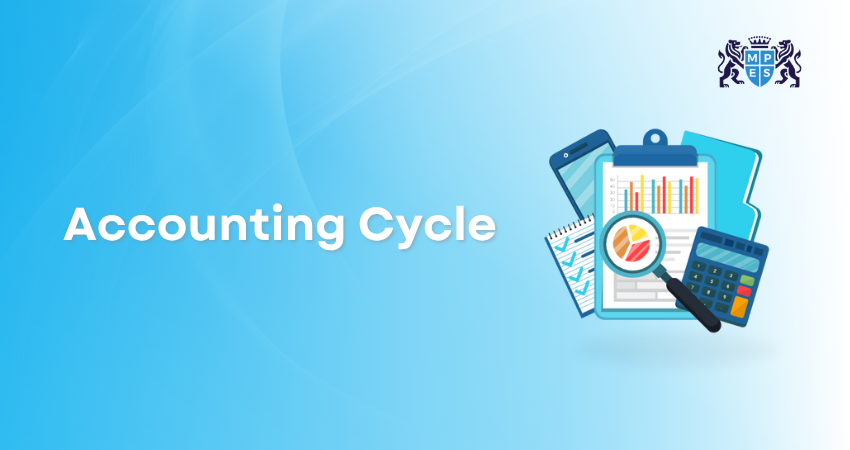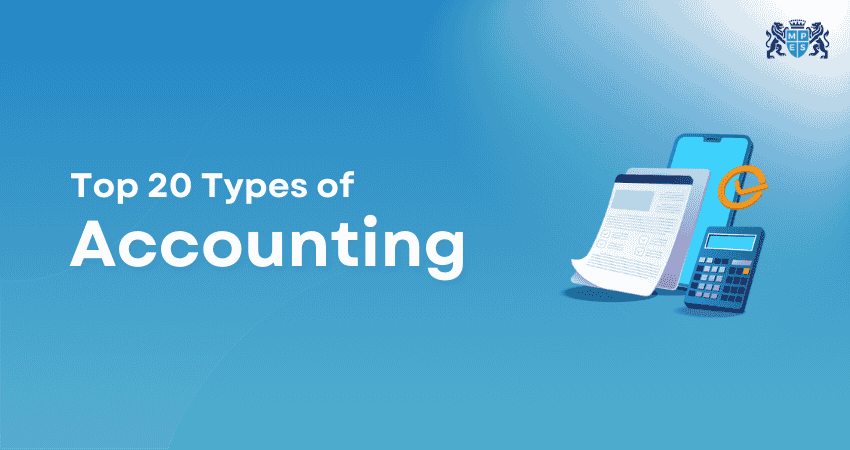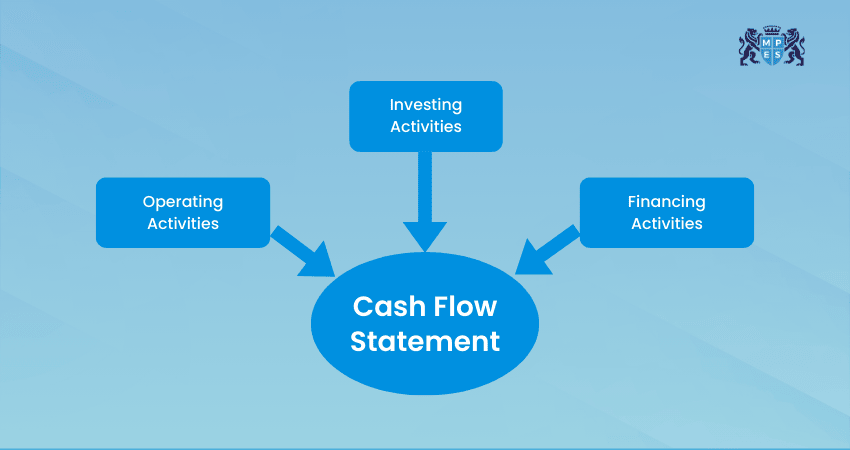Learning Options
- Live Interactive Sessions
- Dedicated 1-to-1 Tutor Support (30-min Weekly)
- Expert Trainers with Industry Experience
- Flexible Schedule
- Networking Opportunities
- High Pass Rates
- 24/7 Personalised Support
- Online Video-Based Learning
- Flexible Schedule
- Expert Trainers with Industry Experience
- High Pass Rates
- 24/7 Personalised Support
- Interactive Learning Materials
- Live Online Classes
- Expert Trainers with Industry Experience
- Live Assessment and Feedback
- Interactive Learning Materials
- Networking Opportunities
- High Pass Rates
Overview
The Financial Accounting (FFA) Course is designed to equip learners with a robust understanding of the fundamental principles and techniques of financial accounting. This course is ideal for individuals seeking a solid foundation in financial reporting to support their career in accounting and finance.
The FFA course focuses on preparing learners to handle the systematic recording of transactions, the preparation of financial statements, and the interpretation of financial data. By mastering these core competencies, learners can ensure organisational compliance with accounting standards and improve decision-making processes.
A core component of the ACCA Foundations in Accountancy suite, this course lays the groundwork for more advanced financial accounting studies and provides essential skills for professional roles. Learners will gain practical expertise in maintaining financial records, reconciling accounts, and ensuring the integrity of financial reports.
Course Objectives
Understand the purpose and scope of financial accounting in an organisational context
Develop proficiency in recording, summarising, and reporting financial transactions
Learn how to prepare essential financial statements, including income statements and balance sheets
Gain knowledge of accounting principles, concepts, and standards
Enhance skills in interpreting financial statements to support strategic decisions
Build awareness of the ethical considerations in financial reporting
Apply foundational knowledge to progress towards advanced ACCA qualifications
Upon completion, learners will have the expertise to support financial accounting functions effectively, ensuring transparency and accuracy in organisational financial management.

Average completion time
1 Month
with unlimited support
100% online
Start anytime
Study At Your Own Pace
Blended Learning
Study At Your Own PaceCourse Includes
- Expert-led Sessions
- Digital Delegate Pack
- 24/7 Tutor Support
- Downloadable Resources & Challenges
- Interactive Learning
- Exercise Files
- Scenario-Based Learning
Course Details
Develop your understanding of essential financial, business and management accounting techniques with ACCA Applied Knowledge. You'll learn basic business and management principles and the skills required of an accountant working in business.
Entry Requirements
Educational Background: No prior accounting experience is required; however, basic numeracy and analytical skills are advantageous.
Language Proficiency: Learners should have a good command of English, as all materials, discussions, and assessments are conducted in English.
Interest in Business and Finance: Suitable for individuals keen on understanding financial reporting principles and pursuing further ACCA qualifications.
Learning Outcomes
Master Financial Recording: Learn the principles of accurate financial transaction recording.
Prepare Financial Statements: Develop skills to create and interpret essential financial statements.
Apply Accounting Standards: Understand key international accounting standards and their applications.
Analyse Financial Data: Build expertise in interpreting financial reports to guide business decisions.
Target Audience
Aspiring Financial Accountants
Accounts Assistants
Junior Finance Officers
Business Support Staff
Financial Data Entry Clerks
Budgeting Assistants
The Financial Accounting (FFA) course caters to learners seeking to build foundational knowledge in accounting principles. The Financial Accounting (FFA) Course is suitable for a wide range of learners, including:
Course content
- The scope and purpose of financial statements for external reporting
- Stakeholders’ needs
- The main elements of financial reports
- The regulatory framework
- Duties and responsibilities of those charged with governance
- The qualitative characteristics of financial information
- Qualitative characteristics of useful financial information
- Double-entry bookkeeping principles, including the maintenance of accounting records
- General ledger accounts and journal entries
- Sales and purchases
- Cash
- Inventories
- Tangible non-current assets
- Depreciation
- Intangible non-current assets and amortisation
- Accruals expenses (accruals), prepaid expenses (prepayments), accrued income, and deferred income
- Receivables and payables
- Provisions and contingencies
- Capital structure and finance costs
- Bank reconciliations
- Trade payables account reconciliations
- Trial balance
- Correction of errors
- Suspense accounts
- Statement of financial position
- Statement of profit or loss and other comprehensive income
- Disclosure notes
- Events after the reporting period
- Statement of cash flows (excluding partnerships)
- Subsidiaries
- Associates
- Importance and purpose of analysis of financial statements
- Ratios
- Analysis of financial statements
The Context and Purpose of Financial Reporting
Accounting Principles, Concepts, and Qualitative Characteristics
The Use of Double-Entry Bookkeeping and Accounting Systems
Recording Transactions and Events
Reconciliations
Preparing a Trial Balance
Preparing Financial Statements
Preparing Basic Consolidated Financial Statements
Interpretation of Financial Statements
MPES Support That Helps You Succeed
At MPES, we offer comprehensive support to help you succeed in your studies. With expert guidance and valuable resources, we help you stay on track throughout your course.
- MPES Learning offers dedicated support to help you succeed in Accounting and Finance courses.
- Get expert guidance from tutors available online to assist with your studies.
- Check your eligibility for exemptions with the relevant professional body before starting.
- Our supportive team is here to offer study advice and support throughout your course.
- Access a range of materials to help enhance your learning experience. These resources include practice exercises and additional reading to support your progress.
Classroom Dates
Teaching: 13 jan, 20 jan, 27 jan, 3 feb, 10 feb, 17 feb, 24 feb, 17 mar
Revision: 24 mar, 31 mar, 8 apr, 14 apr
Class Timing: 5:15 PM to 7:15 PM
Please bring your laptop to every session
Teaching: 28 jul, 4 aug, 11 aug, 18 aug, 25 aug, 2 sep, 15 sep, 22 sep
Revision: 29 sep, 6 oct, 13 oct, 20 oct
Class Timing: 5:15 PM to 7:15 PM
Please bring your laptop to every session
ACCA Salary Growth
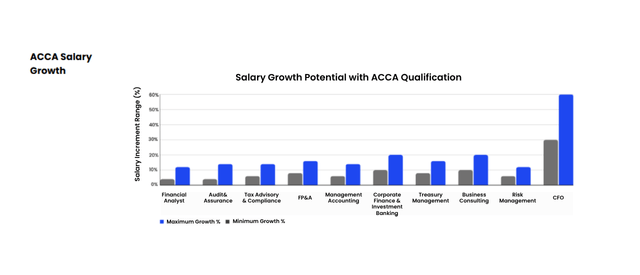
Career Growth Stories
Discover how MPES Learning transforms careers with real success stories.

Arvy Pasanting

As a qualified accountant, studying at MPES has been a very rewarding experience. Its team of passionate and dedicated mentors gave me the confidence and knowledge I needed to not just excel at my current role as an auditor, but also inspired me to expand my horizons.
Arvy Pasanting
David Ford

I was recommended MPES after searching for a way to pursue a career in the accounting profession, I have studied with them throughout my journey utilising both their “in class” and online learning opportunities that fit around the needs of my employer, I have found them to be consummate professionals delivering first class accounting courses with support always available.
David Ford
Aaron Allcote

As a finance officer, MPES has been a huge help in understanding the process of recording and processing transactions from all different perspectives. The courses are very easy to follow, and the training they provide can be applied to real-life scenarios. The courses have been a huge help for me, and I would highly recommend them.
Aaron Allcote
Bob Beaumont

I completed all of my ACA studies with MPES and I think you would struggle to find a better training provider anywhere in the British Isles. MPES' tutors are excellent both at delivering training and giving individualised feedback and coaching. the supporting materials and the out of class support are also great.
Bob Beaumont
George Evans

The Financial Risk Management Course at MPES was invaluable in deepening my understanding of risk assessment and mitigation strategies. The hands-on learning approach allowed me to apply new concepts directly to my work. I highly recommend it for professionals in finance.
George Evans
James Robinson

As a financial consultant, I am always seeking ways to enhance my expertise. The Investment Analysis Course at MPES exceeded my expectations, offering practical skills and knowledge that I can apply immediately in my consulting work. It's an outstanding choice for professionals in finance.
James Robinson
Laura Bennett

The Corporate Finance Course I attended at MPES was transformative. The depth of knowledge shared by the instructors and the relevance of the topics covered have directly impacted on our financial strategy. I strongly endorse this program for anyone in a leadership position in finance.
Laura Bennett
Emma Johnson

The Financial Modeling and Valuation Course at MPES was incredibly insightful. The practical applications and real-world examples helped solidify my understanding of complex concepts. I highly recommend this course to anyone looking to enhance their financial acumen.
Emma JohnsonACCA Roadmap

Have Questions? We’ve Got You
If you have any questions, we’re here to help. Find the answers you need in the MPES detailed FAQ section.
Q. What are the key learning outcomes of the Financial Accounting (FFA) Course?
Learners will develop expertise in
financial statement preparation, analysis, and understanding of core accounting
principles like double-entry bookkeeping.
Q. What career opportunities does Financial Accounting open?
This course prepares participants for roles
such as financial accountant, auditor, accounts assistant, and other positions
in finance and accounting sectors.
Q. What topics are covered in the course?
Topics include accounting principles,
financial reporting, the trial balance, adjusting entries, and the preparation
of balance sheets and profit-and-loss statements.
Q. Is the course suitable for beginners?
Yes, Financial Accounting is designed for
both beginners and individuals looking to solidify their understanding of
accounting concepts.
Q. How can I apply the skills gained from this course in real-world scenarios?
The course provides practical knowledge to
manage business finances, prepare financial documents, and interpret data for
informed decision-making.
Q. What topics are covered in the Financial Accounting (FFA) Course?
The course covers fundamental topics, including the double-entry system, recording and summarising financial transactions, trial balance preparation, adjustments, and the creation of financial statements aligned with accounting standards.
Q. What skills will i gain from this course?
Gain skills in recording transactions, preparing financial statements, reconciling accounts, and interpreting financial data. Master compliance with accounting standards and develop expertise in maintaining accurate financial records to support decision-making.
Q. What career opportunities does the course prepare learners for?
The FFA Course prepares learners for roles such as accounts assistant, finance administrator, or junior accountant, and serves as a stepping stone for advanced ACCA certifications.
Q. What learning materials are provided during the course?
Learners gain access to comprehensive study guides, practice questions, e-learning resources, and interactive materials designed to build a strong understanding of financial accounting principles.
Q. How does this course fit into the broader ACCA Qualification framework?
The Financial Accounting (FFA) Course is part of the ACCA Foundations in Accountancy, providing a pathway to advanced ACCA qualifications and a professional accounting career.
Related Courses
Explore additional courses designed to complement your learning journey and enhance your professional skills. Expand your knowledge with these expertly curated options tailored to your career goals.






Resources
Access a wide range of free resources to support your learning journey. From blogs to news and podcasts, these valuable guides are available at no cost to help you succeed.
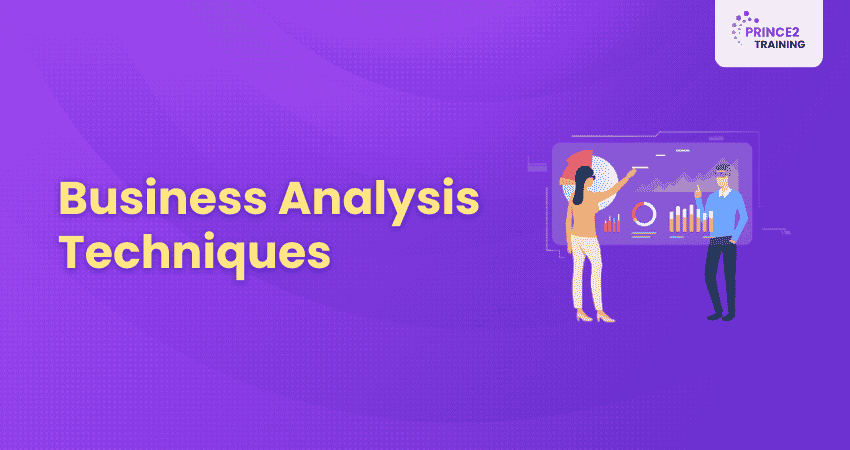
Top 15 Effective Business Analysis Techniques to Achieve Success
Veronica Davis14-Jan-2025
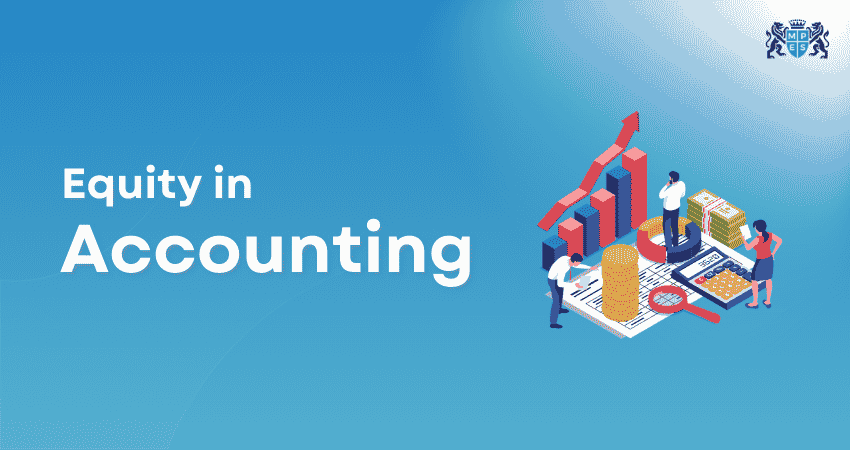
Equity in Accounting: Meaning, Components & How to Calculate it
Maria Thompson10-Jan-2026
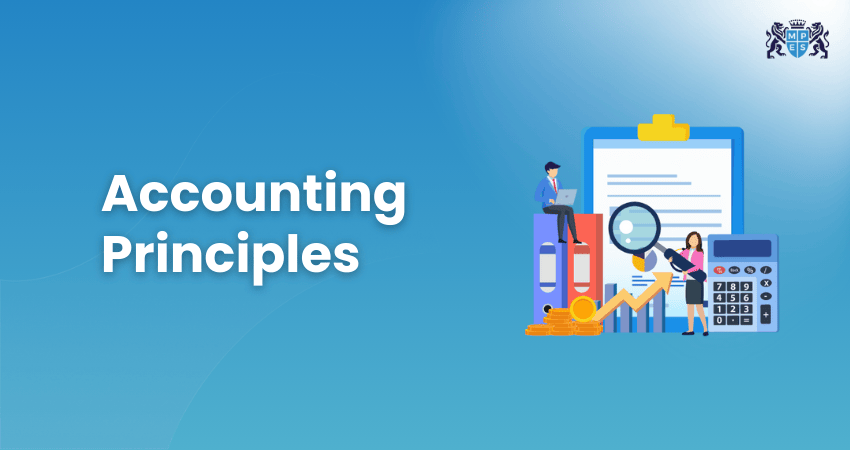
Accounting Principles: Definition, Types, Importance, and Benefits
Grace Mitchell22-Sep-2025
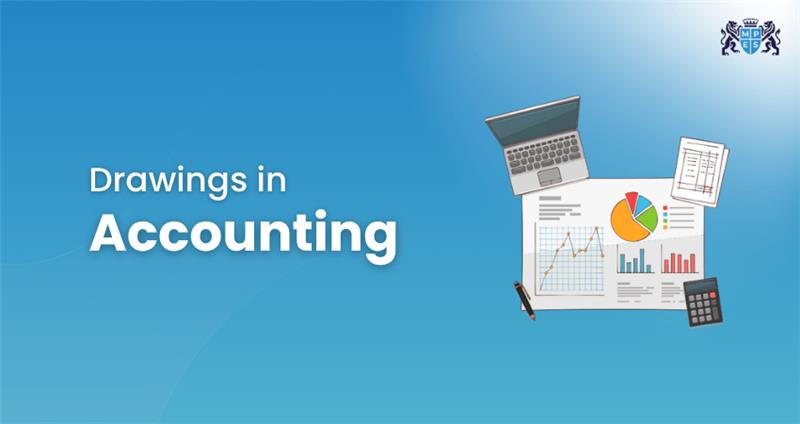
Drawings in Accounting: Definition, Characteristics, and Examples
Maria Thompson21-Jul-2025

The Best Accounting and Finance Books for Professionals and Students
Maria Thompson07-Jul-2025

Activity-Based Costing (ABC): Definition, Benefits & Limitations
Maria Thompson16-Jun-2025

Job Shadowing: How it Benefits Teams via Observational Learning
Maria Thompson13-Jun-2025

Deferred Revenue: Definition, Liability Risks & Examples Explained
Maria Thompson10-Jun-2025

18 High Income Skills to Master in 2026 for Great Profitability
Maria Thompson26-May-2025

AI in Workplace: Benefits & Examples Shaping the Future of Work
Maria Thompson20-May-2025

15 Reasons Why to Become an Accountant: Benefits & Career Growth
Maria Thompson14-May-2025

How to Motivate Yourself: 20 Powerful Tips for Self-improvement
Maria Thompson12-May-2025
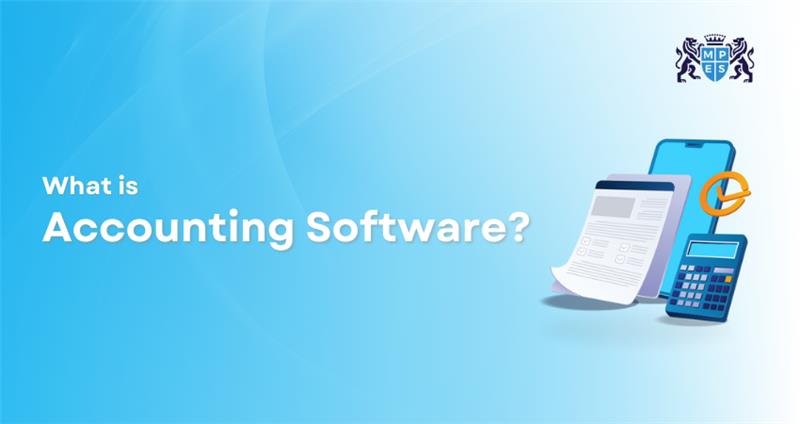
What Is Accounting Software? Features, Types & Benefits Explained
Maria Thompson07-May-2025

Cyber Security for Business: Meaning, Importance & Tips Explained
Maria Thompson02-May-2025

What is Bookkeeping, Its Importance and How to Become a Bookkeeper
Maria Thompson28-Apr-2025

Freelancing vs Full-Time Employment: Choosing the Right Career Path
Maria Thompson25-Apr-2025

What is Financial Reporting: Types, Importance and Uses Explained
Maria Thompson21-Apr-2025

Asset Disposal: Definition, Types, Methods and Examples Explained
Maria Thompson16-Apr-2025

Allowable and Disallowable Expenses in the UK: Explained in Detail
Maria Thompson09-Apr-2025

What is Human Resource Management (HRM)? Principles and Functions
Maria Thompson08-Apr-2025

Navigating Career Transitions with the 10 Steps Framework Guide
Maria Thompson28-Mar-2025

Top 15 IT Soft Skills Every Tech Professional Should Have in 2025
Maria Thompson05-Mar-2025

Trade Payables: Definition, Benefits, Tips, and Examples for Business
Maria Thompson03-Mar-2025

What is Goodwill in Accounting? Importance, Types, and Examples
Maria Thompson11-Feb-2025

Audit vs. Assurance: Definitions, Key Differences & Similarities
Maria Thompson03-Feb-2025

What is DeepSeek R1 Model, and How it Ranks Against OpenAI's o1?
Maria Thompson31-Jan-2025

What Is Cash Basis Accounting? Definition, Example and New Updates
Maria Thompson29-Jan-2025

Corporate Tax Planning: Definition, Types, Strategies, and Benefits
Maria Thompson27-Jan-2025

The Power of Resilience: Strategies to Develop Your Inner Strength
Maria Thompson23-Jan-2025

Financial Accounting vs Management Accounting: What's the Difference?
Maria Thompson22-Jan-2025

Role of Mentorship in Career Development: A Catalyst for Success
Maria Thompson16-Jan-2025

What is a Stakeholder: Definition, Types and Examples Explained
Maria Thompson13-Jan-2025

15 Reasons You Should Invest in Professional Development: Explained
Maria Thompson03-Jan-2025

What is Corporate Governance: Principles, Models, and Best Practices
Maria Thompson23-Dec-2024

What Is Management Accounting? Types and Key Functions Explained
Maria Thompson18-Dec-2024

Accounting Secrets to Effective Budgeting: Proven Strategies for Creating Effective Budgets
Maria Thompson16-Dec-2024

Financial Accounting in a Remote Work Era: Adapting Key Practices
Maria Thompson12-Dec-2024

Future-ready Accountants: Top Certifications to Bridge Skills Gaps in 2025
Maria Thompson04-Dec-2024
 Have Any Question?
Have Any Question?
 +44 7452 122728
+44 7452 122728






 Back
Back




